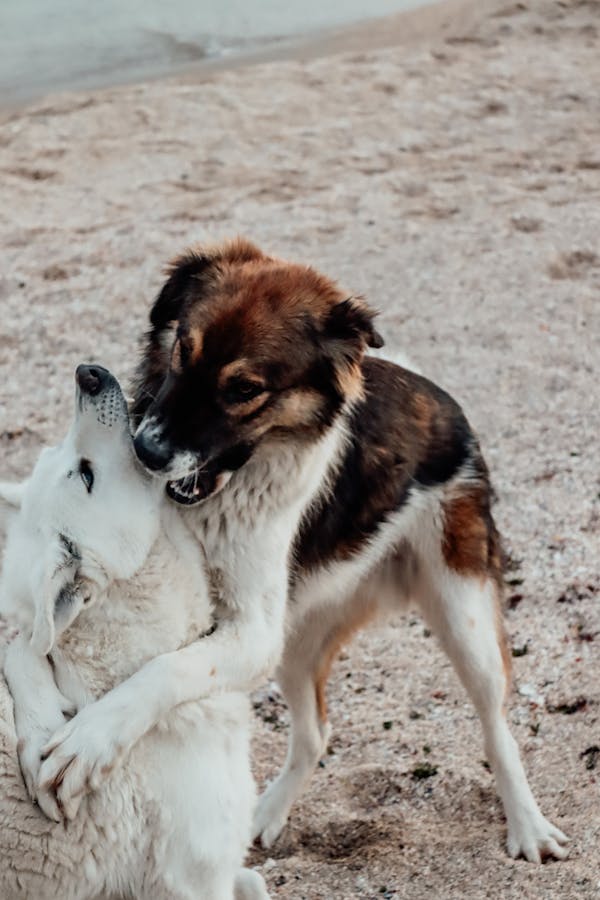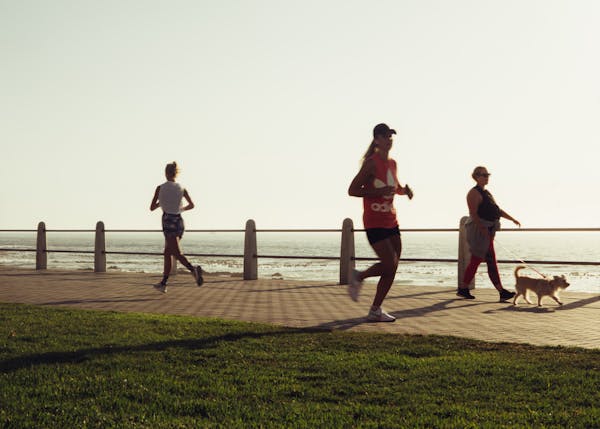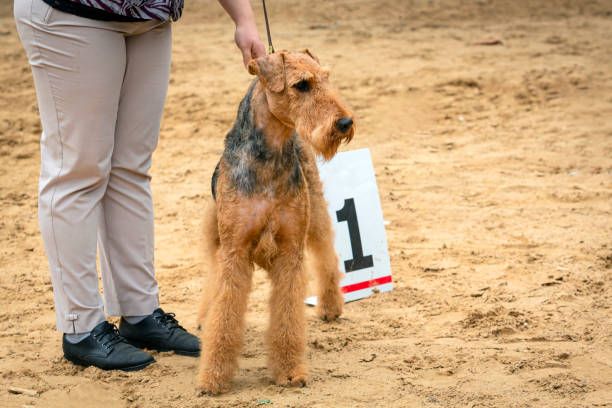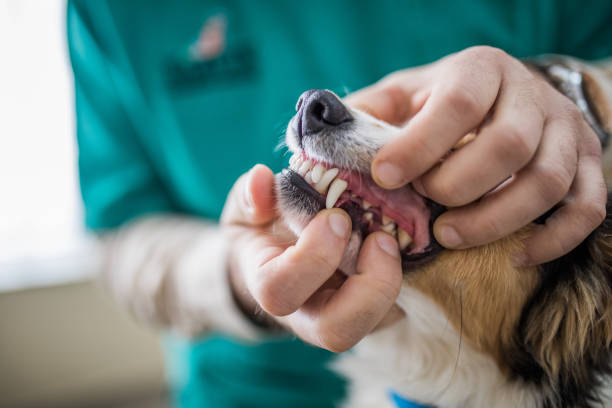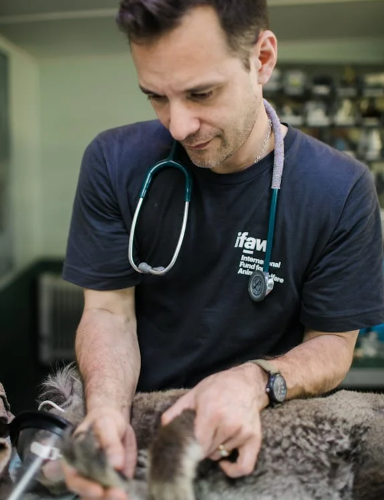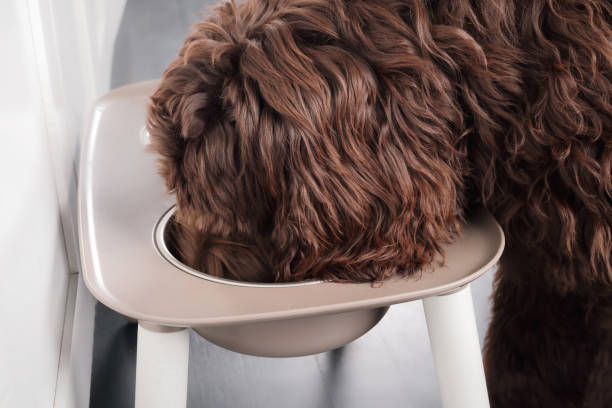How to Handle Aggression in Doodle Dogs
Aggression in doodle dogs can be concerning and challenging to handle for pet owners. Whether it’s directed towards other dogs, people, or specific situations, addressing aggressive behavior is crucial for the safety and well-being of both your doodle and those around them. In this comprehensive guide, we’ll explore effective strategies for pet owners to manage and address aggression in doodle dogs, helping you create a harmonious and safe environment for your furry companion.
WildEarth spearheads a movement ensuring every dog receives the full and thorough nutritional support they merit. Through this, we ignite a happier, tail-wagging journey ahead—anchored in science, steered by professionals, and, above all, fueled by compassion. Our dog food formulas are meticulously crafted to encompass sustainable protein and vital nutrients—all sourced from plants. Click here
How to Handle Aggression in Doodle Dogs
This entails:
1. Understand the Root Cause
The first step in managing aggression in doodle dogs is to understand the underlying cause of the behavior. Aggression can stem from various factors, including fear, anxiety, territoriality, resource guarding, or past experiences. Observing your doodle’s body language, triggers, and the context in which the aggression occurs can help you identify the root cause and develop an appropriate management plan.
2. Consult with a Professional
If your doodle displays aggressive behavior, it’s essential to seek guidance from a qualified professional, such as a certified dog trainer or animal behaviorist. These professionals can assess your doodle’s behavior, identify potential triggers, and develop a personalized behavior modification plan to address aggression effectively. They can also provide guidance on training techniques, management strategies, and tools to help you and your doodle overcome behavioral challenges.
3. Implement Positive Reinforcement Training
Positive reinforcement training techniques, such as reward-based training and desensitization, can be effective in addressing aggression in doodle dogs. Reward your doodle for calm and non-aggressive behavior with treats, praise, and attention, reinforcing desirable behaviors while redirecting or ignoring aggressive displays. Consistency, patience, and positive reinforcement are key to modifying behavior and promoting a trusting and respectful relationship between you and your doodle.
WildEarth spearheads a movement ensuring every dog receives the full and thorough nutritional support they merit. Through this, we ignite a happier, tail-wagging journey ahead—anchored in science, steered by professionals, and, above all, fueled by compassion. Our dog food formulas are meticulously crafted to encompass sustainable protein and vital nutrients—all sourced from plants. Click here
4. Provide Adequate Socialization and Exposure
Proper socialization is essential for doodle dogs to develop appropriate social skills and confidence in various situations. Also, expose your doodle to a wide range of people, animals, environments, and stimuli from a young age, using positive reinforcement to create positive associations and reduce fear or anxiety. Gradually introduce your doodle to new experiences at their own pace, also allowing them to build trust and confidence over time.
5. Manage Triggers and Environment
Managing triggers and controlling your doodle’s environment can help prevent aggressive behavior and ensure their safety. Identify potential triggers, such as other dogs, unfamiliar people, or specific situations, and take proactive measures to avoid or minimize exposure to these triggers when possible. Use management tools such as leashes, crates, baby gates, and muzzles to prevent your doodle from engaging in aggressive behavior and provide a safe and controlled environment for training and behavior modification.
6. Seek Veterinary Evaluation
In some cases, aggression in doodle dogs may be due to underlying medical issues or pain. If your doodle displays sudden or unexplained aggression, it’s essential to seek veterinary evaluation to rule out any medical causes. Your veterinarian can conduct a thorough physical examination, diagnostic tests, and behavioral assessment to determine if there are any underlying health concerns contributing to your doodle’s aggressive behavior and recommend appropriate treatment options.
WildEarth spearheads a movement ensuring every dog receives the full and thorough nutritional support they merit. Through this, we ignite a happier, tail-wagging journey ahead—anchored in science, steered by professionals, and, above all, fueled by compassion. Our dog food formulas are meticulously crafted to encompass sustainable protein and vital nutrients—all sourced from plants. Click here
Conclusion
Managing aggression in doodle dogs requires patience, consistency, and a proactive approach from pet owners. By understanding the root cause of aggression, consulting with a professional, implementing positive reinforcement training, providing adequate socialization and exposure, managing triggers and environment, and seeking veterinary evaluation when necessary, you can effectively address aggressive behavior in your doodle and promote a happy, healthy, and well-behaved companion. With proper guidance, training, and support, you and your doodle can overcome behavioral challenges and enjoy a strong and positive bond built on trust, respect, and understanding.
We at Doglinked are highly regarded to be a significant affiliate for great products. As a result, we earn a commission if you use one of these links to purchase a membership. You don’t, however, have to pay more for this. You may also relax knowing that the information given here is reliable and accurate.

